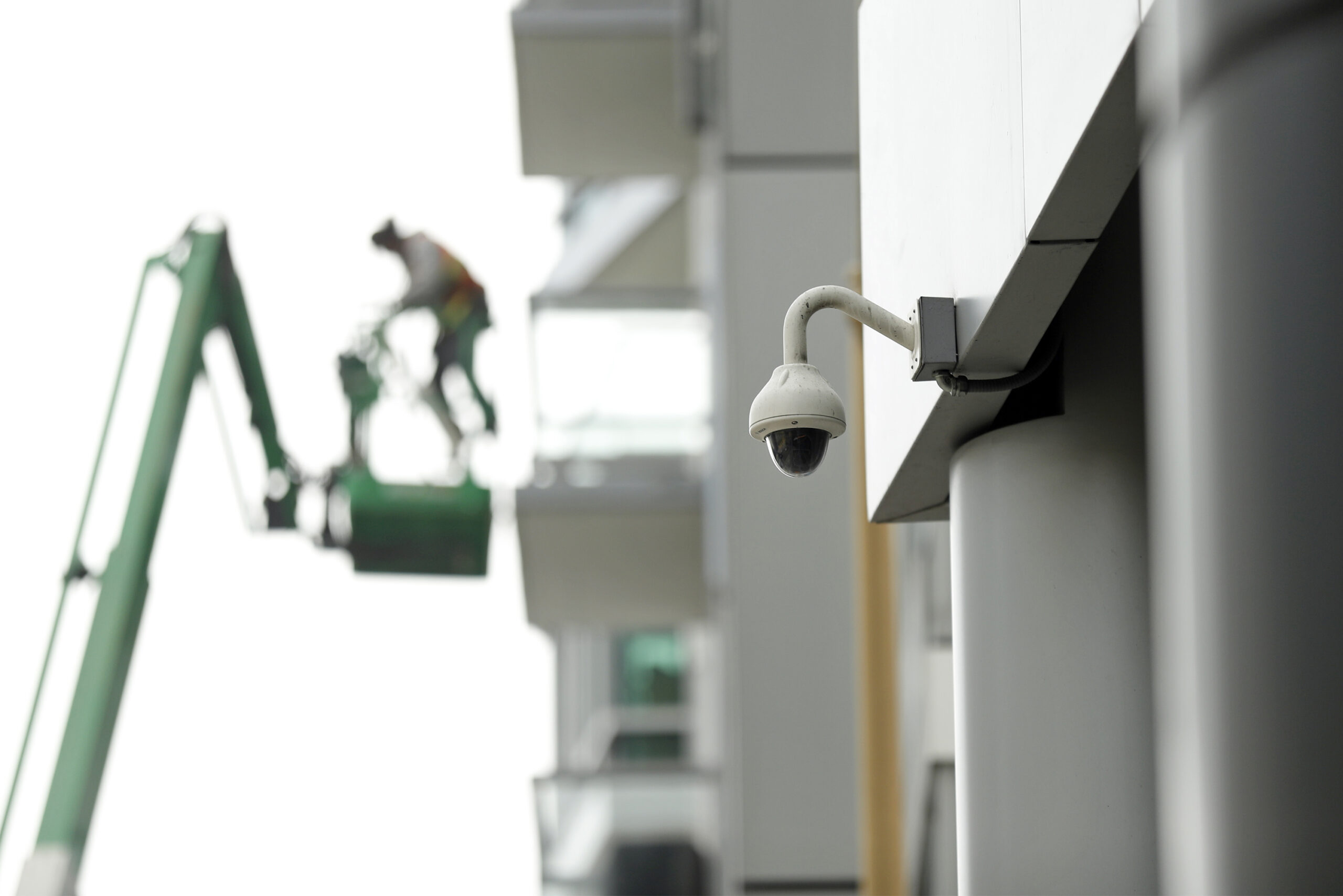A judge rejected arguments this week that San Francisco police violated the law by using a Union Square security camera network to monitor in real time protests over the Minneapolis police killing of George Floyd during the summer of 2020.
San Francisco Superior Court Judge Richard Ulmer ruled against civil liberties groups Wednesday in their lawsuit alleging the police department violated a local surveillance ordinance prohibiting city agencies from acquiring new surveillance technologies without first submitting a usage policy for approval from the Board of Supervisors.
The case found itself at the center of a citywide debate over crime in San Francisco last December, when Mayor London Breed announced she wanted police to have the tools they need to combat mass retail thefts in Union Square and drug dealing in the Tenderloin—including live access to surveillance cameras. Police say they’re “hamstrung” by the ordinance.
The lawsuit stems from police requesting access to the camera network, which is run by the Union Square Business Improvement District, after a day of protests against police brutality was followed by a night of looting at the shopping district in May 2020. Court records show an officer said she looked at a feed from the camera network several times to “ensure there were no crowds forming in Union Square,” but no further looting materialized.
The Electronic Frontier Foundation and the ACLU of Northern California, which filed the lawsuit on behalf of three protesters in October 2020, said the usage had a chilling effect on protesters who could no longer demonstrate without fear of police secretly “spying” on them.
In a three-page written ruling, Ulmer found that the ordinance didn’t prevent police from watching the camera network because the department had already accessed it once to monitor the June 2019 Pride Parade—a month before the ordinance went into effect.
“Thus, the police’s prior use of USBID’s surveillance technology allowed the department to continue its use,” wrote Ulmer, who heard arguments in the case last month.
The decision disappointed EFF attorney Saira Hussain, who might appeal the ruling.
“The question at the heart of our lawsuit is whether SFPD will be held accountable for refusing to submit to democratic controls on police surveillance,” Hussain said in an email. “The police sidestepped the ordinance, and the court ruled on a technicality.”
Jen Kwart, a spokesperson for the City Attorney’s Office, which represented the police department in the case, said the office appreciated how the judge “evaluated this case based on the facts and the plain language of the City’s ordinance.”
Ulmer’s ruling allows SFPD to continue using the security camera network in Union Square in real time. Whether the department will be allowed to live-monitor other camera networks is still up for debate at City Hall.
On Monday, a Board of Supervisors committee will discuss two competing ballot measures over the issue from Mayor London Breed and Supervisor Aaron Peskin.
Last month, Breed put a measure on the June ballot that would amend the surveillance ordinance to allow police to use cameras in real time under certain circumstances, including when there is an imminent threat of serious property damage or physical injury.
The measure would also allow Police Chief Bill Scott to use cameras in real time by declaring a “public safety crisis area” in places where there is an open-air drug market or a “documented increase in violent crimes over a period of time 14 days or longer.”
The competing measure from Peskin would strengthen the existing surveillance ordinance and streamline the process for approving usage policies.
Ahead of the hearing Monday, dozens of groups, including the ACLU, sent a letter to supervisors saying the mayor’s measure would “gut” the ordinance. They blasted the measure for being too broad, in part because the proposal would apply to surveillance technologies beyond cameras.
Brian Hofer, an Oakland-based privacy advocate who helped author the original ordinance and whose group Secure Justice signed onto the letter, said Breed’s measure would allow the police to have “unfettered use of surveillance technology.”
“She’s essentially allowing the police department to unilaterally declare these public safety threat zones,” Hofer said.
Critics have pointed out that all police have to do to live monitor surveillance under the existing ordinance is submit a usage policy to the Board of Supervisors for approval.
Breed has signaled she is willing to withdraw her measure and make changes to the ordinance through the legislative process, so long as the Board of Supervisors are willing to reach a compromise that “better balances public safety.”
On Friday, Peskin said the SFPD has finally shared a draft policy with his office.
“I’m cautiously optimistic that cooler heads are prevailing and that we can work it out under the dome and not at the ballot,” he said.
